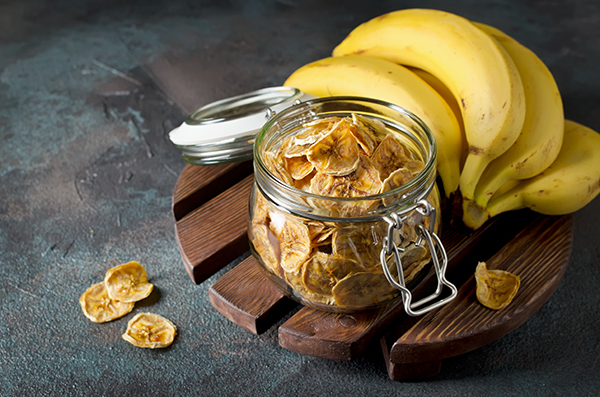
Seals is correct in his statement; after all, porridge is low in fat and sugar yet filled to the brim with essential nutrients like soluble fiber, copper, manganese, and the B-complex vitamins. Its soluble fiber content, however, is what truly makes porridge shine: out of the most popular grains on the market today, oats have the highest concentration of beta glucan. This type of soluble fiber has been found to stimulate the immune system to boost autoimmune response, improve blood sugar control, and, most importantly, reduce low-density lipoprotein (LDL) or “bad” cholesterol levels. In fact, it's believed that consuming just three grams of beta glucan can curb LDL cholesterol levels by as much as seven percent.
“That’s similar to the results you might get from taking a statin,” said nutritional expert and occasional porridge consumer Dr. George Grimble. While Grimble himself hasn't made porridge an essential component of his daily dietary regimen, he's stated that his wife certainly has.
And can you blame her? According to Grimble, the beta glucan in porridge has a lot more going for it, specifically: “Beta glucan forms acids, including butyric acid which works on the DNA of cells in the colon and has an anti-cancer effect.”
Grimble cited a 2015 study by Harvard University researchers as an example. The researchers monitored the diets and health outcomes of over 100,000 people for more than 14 years. At the beginning of the study in 1984, every participant was in good health. By 2010, well over 26,000 of the participants had passed away. The researchers noted how the participants who consumed the most whole grains appeared to be the ones least susceptible to major chronic diseases such as cancer, heart disease, and type-2 diabetes. They concluded that consuming an ounce of whole grains a day can lower the risk of death by five percent. (Related: Whole grains can increase your lifespan, decrease diabetes, heart disease risk and more)
“These findings further support current dietary guidelines that recommend increasing whole-grain consumption. They also provide promising evidence that suggests a diet enriched with whole grains may confer benefits towards extended life expectancy,” lead study author Dr. Hongyu Wu told Independent.co.uk.
Simply put, you can't go wrong with eating a bowl of porridge everyday. This humble food has none of the detrimental side effects that statins have — which run the gamut from liver damage to increased risk of type-2 diabetes to memory loss — yet all of the benefits and so much more.
But before you rush to your local grocery store and load your shopping cart with sachets of instant porridge, consider this first. Instant porridge may be more convenient, but it has a higher glycemic index (GI) number than traditional porridge. This means that instant porridge can decrease your body's sensitivity to insulin and possibly lead to type-2 diabetes. The fact that some instant porridge pots are supposedly high in sugar doesn't help matters in the least.
So if you want to reap the benefits of porridge, stick to tradition. To make a good bowl of porridge, you will need:
- 100 grams of oats or oatmeal
- 1 liter of liquid (water, milk, or a mixture of the two will do)
- A pinch of salt
Bring your liquid of choice to a boil and add a bit of seasoning. Add the oats or oatmeal and stir. Bring the heat down to low and allow the oats or oatmeal to simmer for 30 minutes to get the best flavor. If the mixture becomes too thick, add more water or milk. Once you've achieved your desired consistency and flavor, leave the porridge to stand for two minutes prior to eating. Serve with more milk, honey, or yogurt if desired.
Note that adding in too much honey or sugar will turn your porridge into a sweet treat more than a healthy meal, so keep this in mind when flavoring your bowl of porridge.
To read up on more stories about staying fit and healthy the natural way, simply visit NaturalMedicine.news today.
Sources include:
Please contact us for more information.























